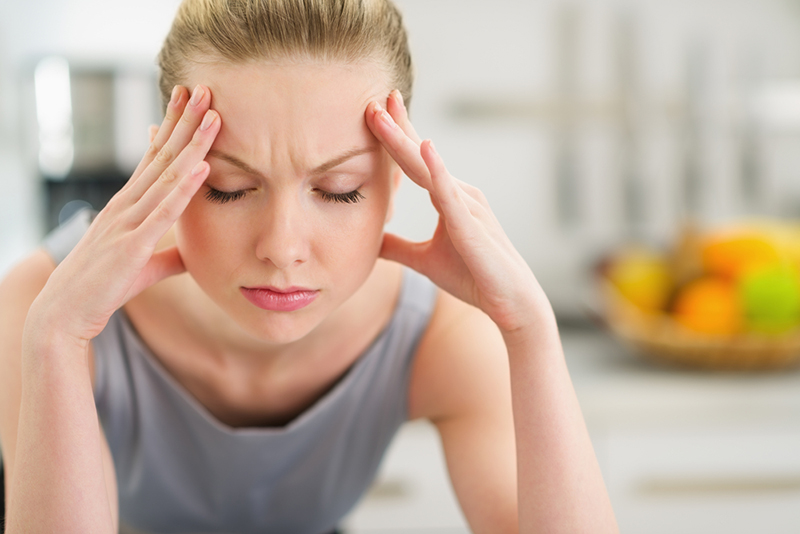So, a quarter of the year is gone (what?!). Sure it feels like ages, but it’s really not a huge amount of time and we bet you’ve already felt stressed this year. Right?
It’s hard to just be chill when you’re deep in the self-imposed craze that is fast-paced life. It’s obviously not just work we’re talking about, but the exercise, life admin, friend and family time, house chores and eating well. The list goes on. And let’s be real, it’s a lot to juggle. No wonder we’re stressed out!
“When activated too often or too long, your primitive fight or flight stress response not only changes your brain, but also damages many of your other organs and cells.”
The thing is, most of us know stress is bad for our health, but are we actually doing anything about it?
Not according to the Australian Psychological Society’s (APS).
It found Australians are “faring worse” now than they were five years ago and that we’re “reporting lower levels of wellbeing, and workplace wellbeing, and higher levels of stress, depression and anxiety”.
In the APS’s five year snapshot, the top reasons people were stressed were:
- Personal finances
- Family issues
- Personal health
- Trying to maintain a healthy lifestyle
- Issues with the health of those close to us.
Its findings are in line with what biochemist Doctor Libby Weaver writes in her book Exhausted to Energised
“The majority of stress for most people in the Western world today is psychological rather than physical and it can be constant and relentless,” she said.
In other words, our stress button is always switched on.
Stressed and over it? Here’s some expert advice on how to just … chill
So how do we switch off the stress button? Here’s a collection of tips from experts so you can find a combination that works for you.
Doctor Sharon Horesh Bergquist has this advice:
“Your life will always be filled with stressful situations but what matters to your brain and entire body is how you respond to that stress,” she said.
“If you can view those situations as challenges you can control and master rather than as threats that are insurmountable, you’ll perform better in the short run and stay healthy in the long run.”
The APS recommends “recognising and changing the behaviours that contribute to stress, as well as using techniques for reducing stress”. You can find its tips for managing everyday stress here.
For more tips, read about health guru Doctor Libby Weaver’s journey to a calmer life via New Idea.
If stress is impacting your physical health and you’d like professional advice please consult with your GP. If your regular GP is closed and you need a doctor after hours, call House Call Doctor on 135566 or book online.





